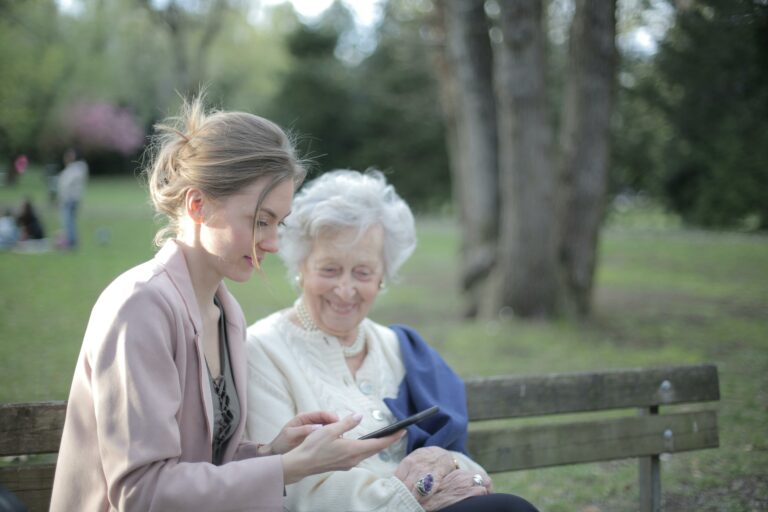
How Do I Create End-of-Life Plan?
Any family facing the end-of-life of a loved one deserves to know what their loved ones want, as observed in an article from The New York Times, “How to Make End-of-Life Planning Less Stressful.” Hosting a family gathering with pizza and chocolate cake made the conversation easier for one family.
The reporter learned things about her family she never knew. Her parents didn’t want a memorial service because, as they told her, they don’t like big gatherings, alive or dead. A sister wants her memorial service held at Starbucks. The discussion included the possibility of having cremated remains pressed into a vinyl record of the person’s choice (her father’s comment). Taking a lighter approach worked for this family.
Here are some suggestions to start this important, albeit difficult, conversation:
First, ask the family members involved if they’d be open to a family meeting and set a date. It could be done via Zoom, although in-person is better if they are far-flung.
You could bring up a news story about dementia and say it got you thinking about how important it is to talk about these issues now. If you are the older family member, tell your loved ones you are putting your affairs in order and want to spare them the added stress of figuring out your healthcare and funeral wishes.
Create a document for the family to review and a checklist of topics and prompts to review. Two key areas to discuss are deciding who will serve as your health care proxy if you cannot make health care decisions and what directives you want in a living will.
Once these are decided, your estate planning attorney can make it enforceable by preparing a Durable Power of Attorney for Health Care. Copies should be given to loved ones and your doctor.
Another topic to cover, often overlooked, is what you or your aging parents want to do with the remaining years. You might ask, “What is undone in your life?” You may learn your parents have always wanted to visit an ancestral village in Italy or travel to see the Northern Lights. How can you help them make this happen? If your aging parent is a widow or widower, could an adult child travel with them?
These are significant questions and can’t always be resolved in one meeting. Having “check-in” conversations throughout the year will foster further communication between family members. This may also expand to issues like ensuring that their home is accessible for aging, from a ramp for the front steps to properly installed grab bars in the shower.
The conversation should also address the creation of a last will and testament. If your aging parents don’t have a will and you do, share your estate planning attorney’s contact information. If none of you has an estate plan in place, these conversations could help all the family move this critical task to the forefront.
Reference: The New York Times (March 8, 2024) “How to Make End-of-Life Planning Less Stressful”









